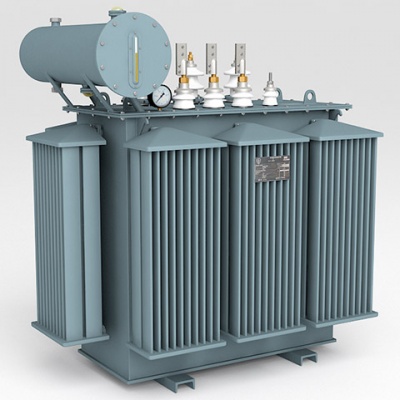
The Federal Government has outlawed the procurement of transformers by electricity consumers, maintaining that it remains the duty of distribution companies (Discos), It also charged operators in the nation’s power sector to improve investments in order to upgrade their networks.
The government equally expressed readiness to offset the electricity bills owed by ministries, departments and agencies (MDAs) put at N97 billion by the Discos.
The Minister of Power, Works and Housing, Babatunde Fashola, who made the disclosures during a meeting with officials of the Abuja Electricity Distribution Company (ANED), however, noted that a careful verification of the debts was being carried out to ascertain the exact amount, considering that the sum stretches to several years.
He welcomed any information that could expedite the exercise.
He said: “You must continue to make distribution asset investments. Private purchase of transformers should stop. That is the responsibility of the distribution companies. We still have cases of people buying transformers themselves. This should not be the case.”
Fashola charged the operators to improve customer relationship as well as close the metering gap and educate consumers on energy conservation.
“Since the distribution companies are now owned by private enterprises, you need to make it easy for people to reach you. Let us all understand that the problems we have are not technical. They are manmade,” he noted.
Earlier, the firm’s Managing Director, Ernest Mupwaya, had sought government’s approval to use the debts as letter of credit to address the liquidity challenges of the sector.
In the meantime, the Transmission Company of Nigeria (TCN) is seeking investors for its $7.5 billion system expansion agenda geared at attaining 20,000MW by 2022.
In the ambitious five-year plan by which the transmission firm hopes to achieve 6,600MW by the end of 2016; 10,000MW in 2018; 13,000MW in 2020; 16,000MW for 2021 and 20,000MW by 2022, the nation’s capacity is to grow over the years from the current 5,300MW.
A draft of the Nigerian Power Sector Investment Opportunities and Guidelines obtained yesterday noted that investment in the sector was very attractive owing to its growth potential.
The document, however, lamented the inability of the transmission and distribution companies to effectively discharge their duties.
